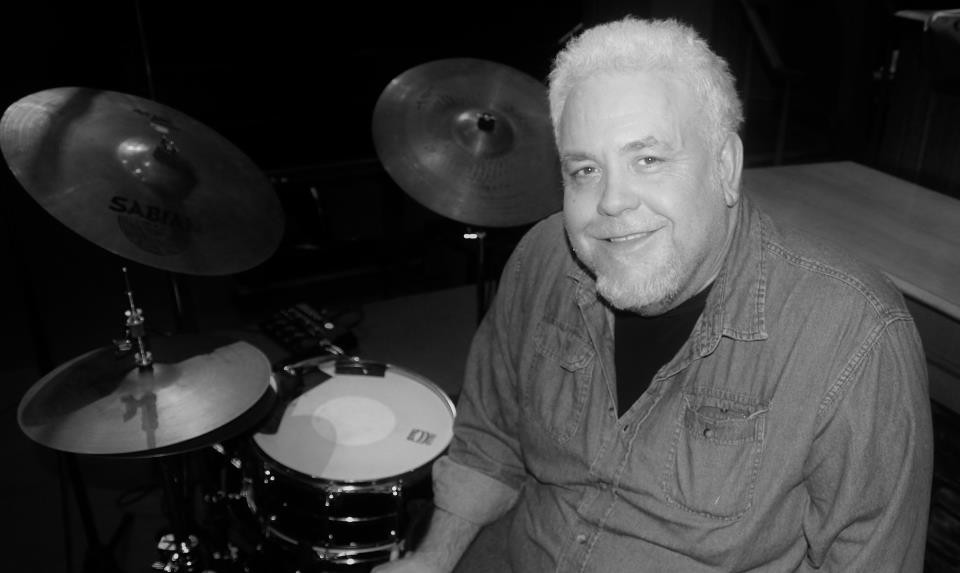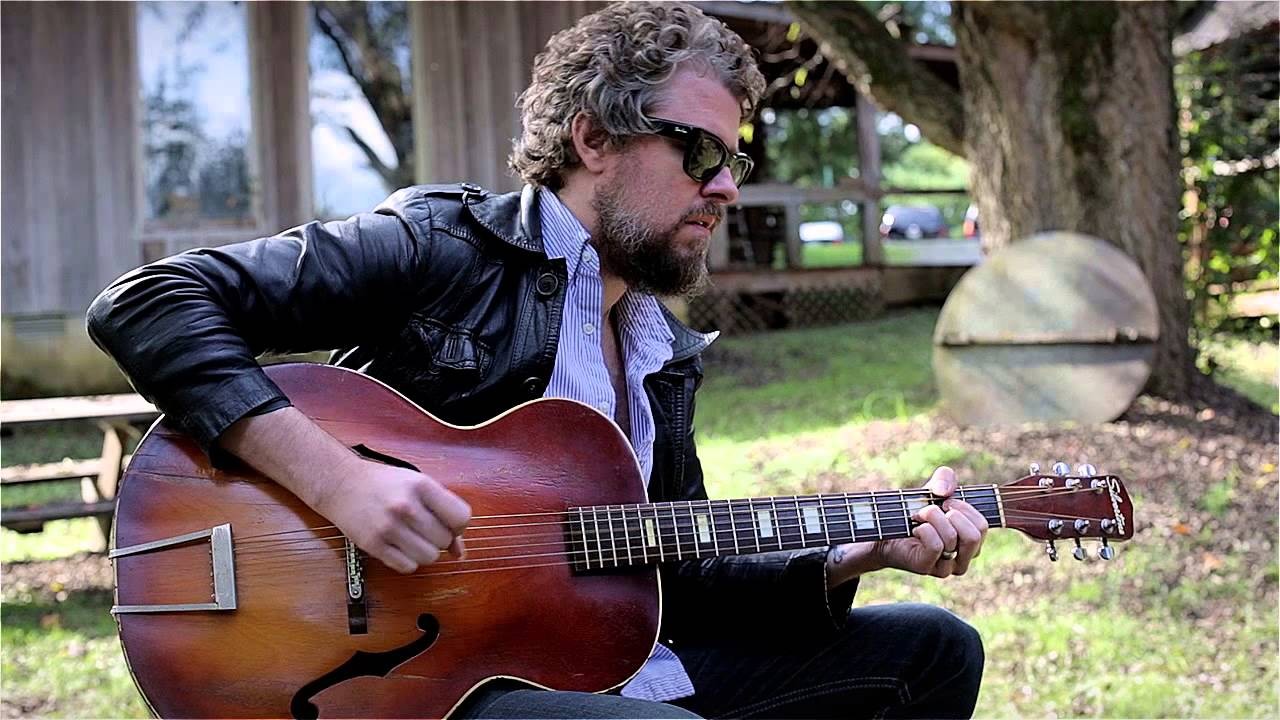
Harry Peel passed away at the age of 56.
It’s been a rough week for Memphis music, as Chips Moman and Harry Peel have both passed since Saturday. While Moman sent the Memphis sound around the world, Peel kept the beat on the local circuit, playing the Blue Monkey and other clubs after touring with John Kilzer in the late ’80s and early ’90s. I talked with local guitarist Steve Selvidge to get more of a feel for the man who never missed a beat. -Chris Shaw
Memphis Flyer: What is the first thing that comes to mind when you think of Harry Peel?
Steve Selvidge: Well, first and foremost I think of his groove, and that goes across a lot of different boundaries, both how he lived and how he played. We talked about grilling as much as we did music, he had a great love for food and cooking things, as do I, and he taught me a lot about grilling.
Not to oversimplify it because he was a big personality, but he just had this magic intangible groove, the simplest but hardest groove. His playfulness and inventiveness behind the drum kit was amazing, but he was a complicated dude, just like any musician worth his salt. After a show or at a party, he and I would be the first to dip out the back and go chill instead of being in the mix and going crazy. We connected on that.
What were you doing before you guys started playing together?
He came to me in such an important time in my life. I was wrapping up with Big Ass Truck and we’d done some things here and there, put out records, and I thought I knew things about music, I thought I knew everything there was to know.
I reconnected with Ross (Rice) and started doing local shows again, but the drummer left us hanging one night, so Ross called Harry Peel, and that was the moment everything changed for me. We started our Thursday night residency at the Blue Monkey, and that led to me playing with Susan Marshall and David Cousar.
All of a sudden I’m playing three nights a week with all these musicians, and I learned so much from those nights. I learned so much about myself playing songs I didn’t necessarily want to play.
I wouldn’t be a fraction of the musician I am today, whatever that is, without Harry. Playing with Harry was invaluable musical education. I was obviously aware of the concept of a local residency because my dad did it for so many years, but it wasn’t until I started playing with Harry as part of this sort of Blue Monkey “house band” that I realized it’s true worth to a musician. And truthfully that was mostly in retrospect.
He made me see the value of playing in that situation, and how playing to a handful of people could be the best experience there is.
 Rich Tarbell.
Rich Tarbell.
Steve Selvidge.
How often did you and Harry play together?
Three nights a week. I continued to play with Susan and Harry after Ross moved to upstate New York, and we played on and off for about a five or six year period. I just always thought that Harry would be around, we knew he had health problems, but there is this continuum for those gigs, there was no starting or stopping point, they just always happened.
What’s your fondest memory of your time together?
I remember when John Hampton died, I played his service and Harry played drums, and we played the Al Green song “Jesus is Waiting.” Ostensibly it’s a simple beat, but it was just so deep the way he played it, I get emotional just talking about it. I didn’t know he was going to be playing drums until I got there.
Again, the gigs we did at the Blue Monkey, they were weekly transcendence for me, they sent me way up into the stratosphere. We always had a phrase that we shared between the two of us that came from when we were playing a casino gig, just a Biloxi gig that you have to do to make money. We were staying down there, and these two custodians walked by and said “what’s happening ding dong daddy?” We loved that and every time either one of us saw each other it was the first thing out of our mouths.
Steve Selvidge on the Passing of Memphis Drummer Harry Peel